Ethiopia’s Government And Tigray Forces Have Agreed To A Truce To End A Two-Year Civil War That Has Killed Up To 600,000 People
The Ethiopian government and Tigray forces have agreed to a ceasefire to end the two-year civil war that has killed as many as 600,000 people and displaced millions.
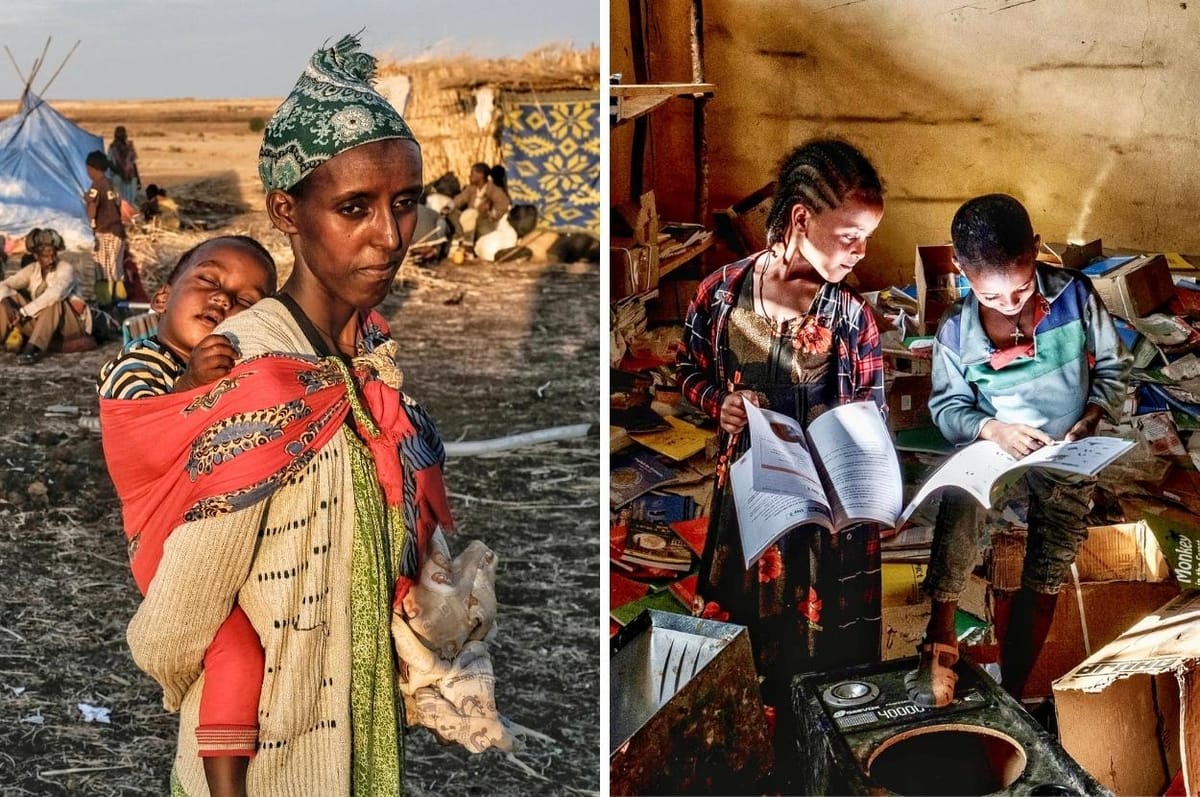
The Ethiopian government and Tigray forces have agreed to a ceasefire to end the two-year civil war that has killed as many as 600,000 people and displaced millions of others.
Ethiopian Government And Tigray Forces Have Agreed To A Ceasefire
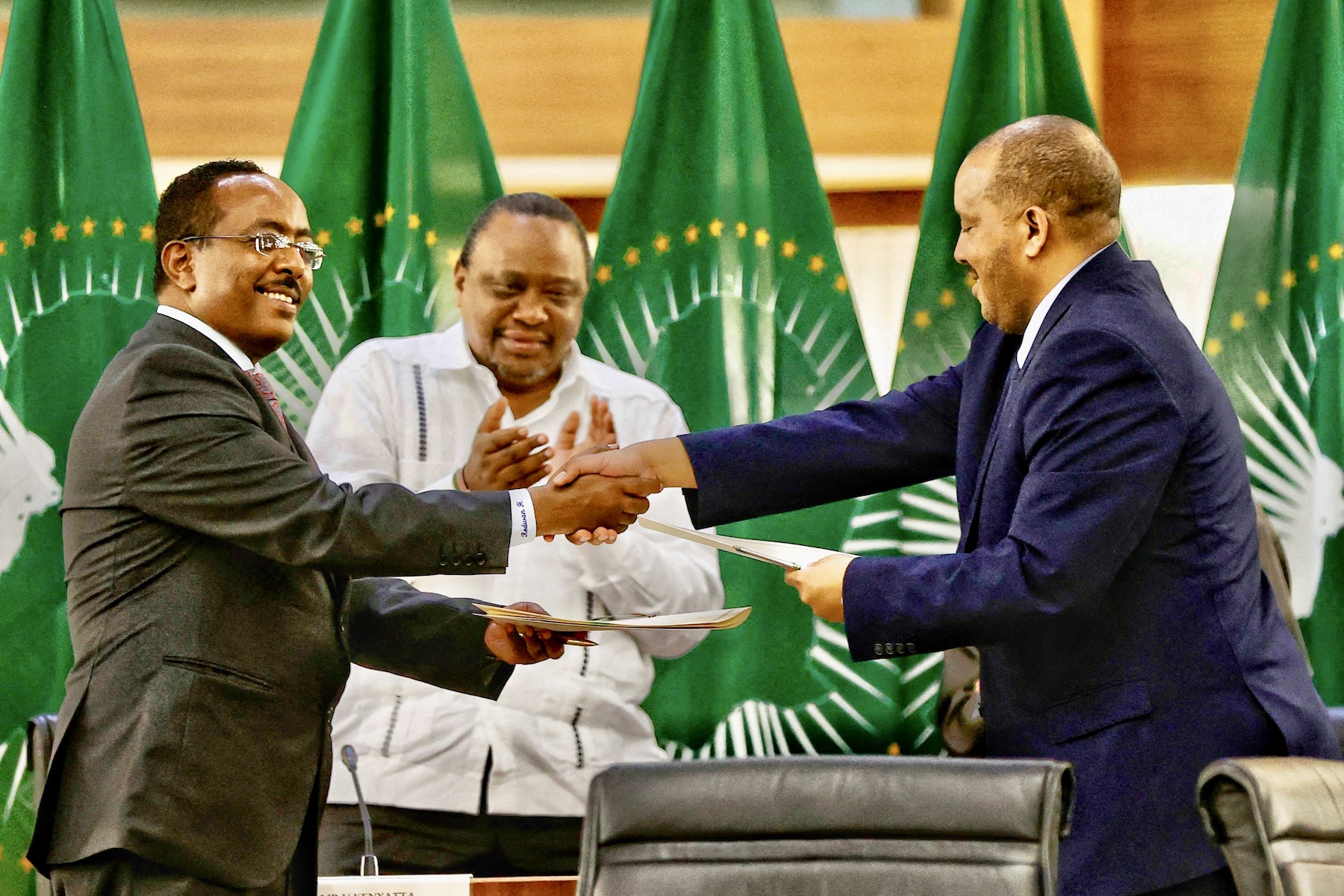
The deal on Wednesday Nov. 2 – struck a day before the second anniversary of the beginning of the war on Nov. 3, 2020 – came earlier than expected after 10 days of peace talks in South Africa led by the African Union.
The two parties signed an agreement for a “permanent cessation of hostilities,” which would also allow for humanitarian aid to resume, according to former Nigerian president Olusegun Obasanjo, who mediated the talks.
How did The Tigray War Start?
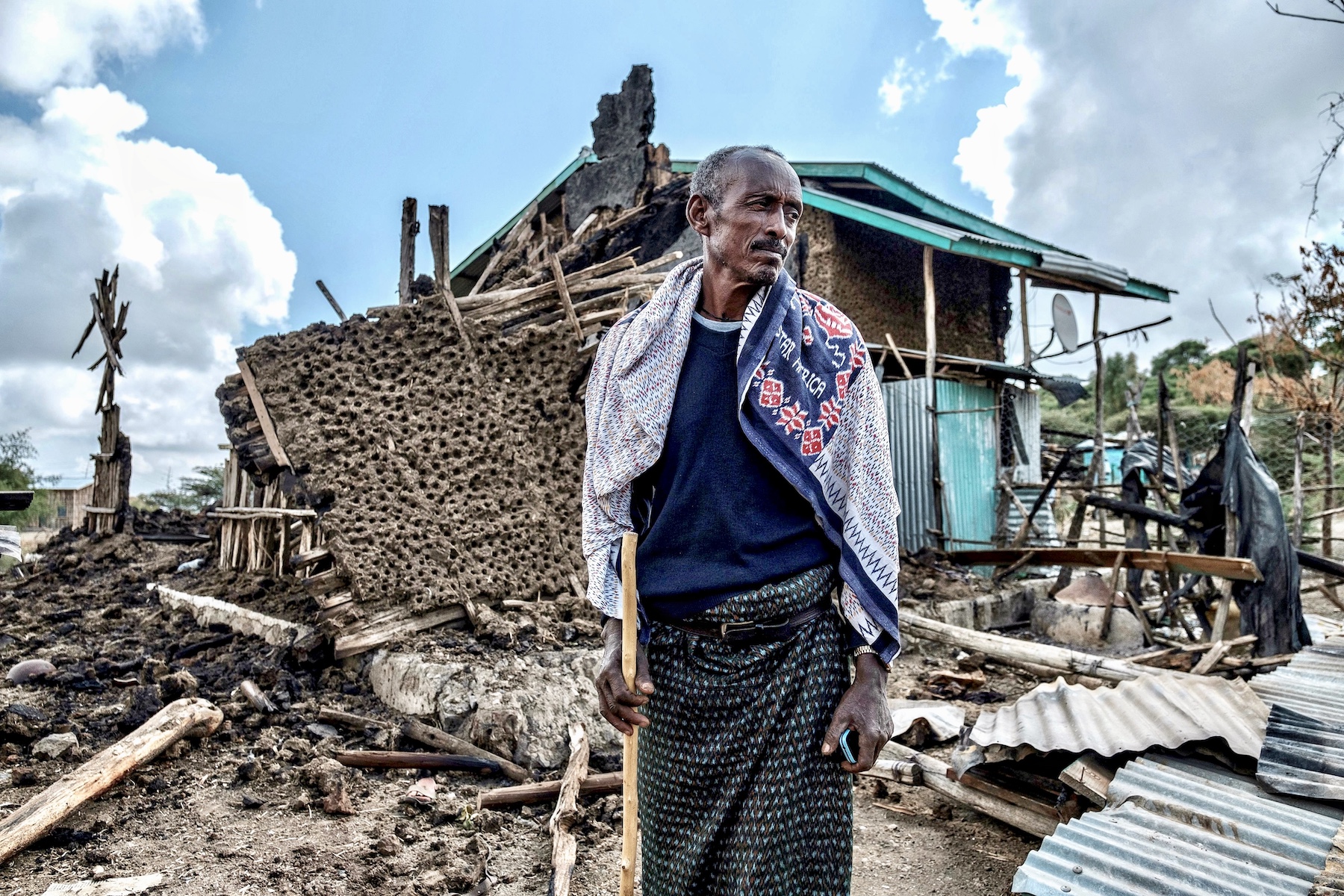
The fighting first erupted in November 2020, between the Tigray People’s Liberation Front (TPLF), which had dominated Ethiopian politics for almost 30 years, and an alliance led by prime minister Abiy Ahmed, who sought to diminish the TPLF’s power after his election in 2018.
According to Reuters, the TPLF has accused Abiy of “centralizing power at the expense of the regions and oppressing Tigrayans,” a charge he has denied.
Abiy, meanwhile, has accused the TPLF of trying to return to power nationally, a charge the TPLF has also denied.
“One Of The World’s Bloodiest Contemporary Conflicts”
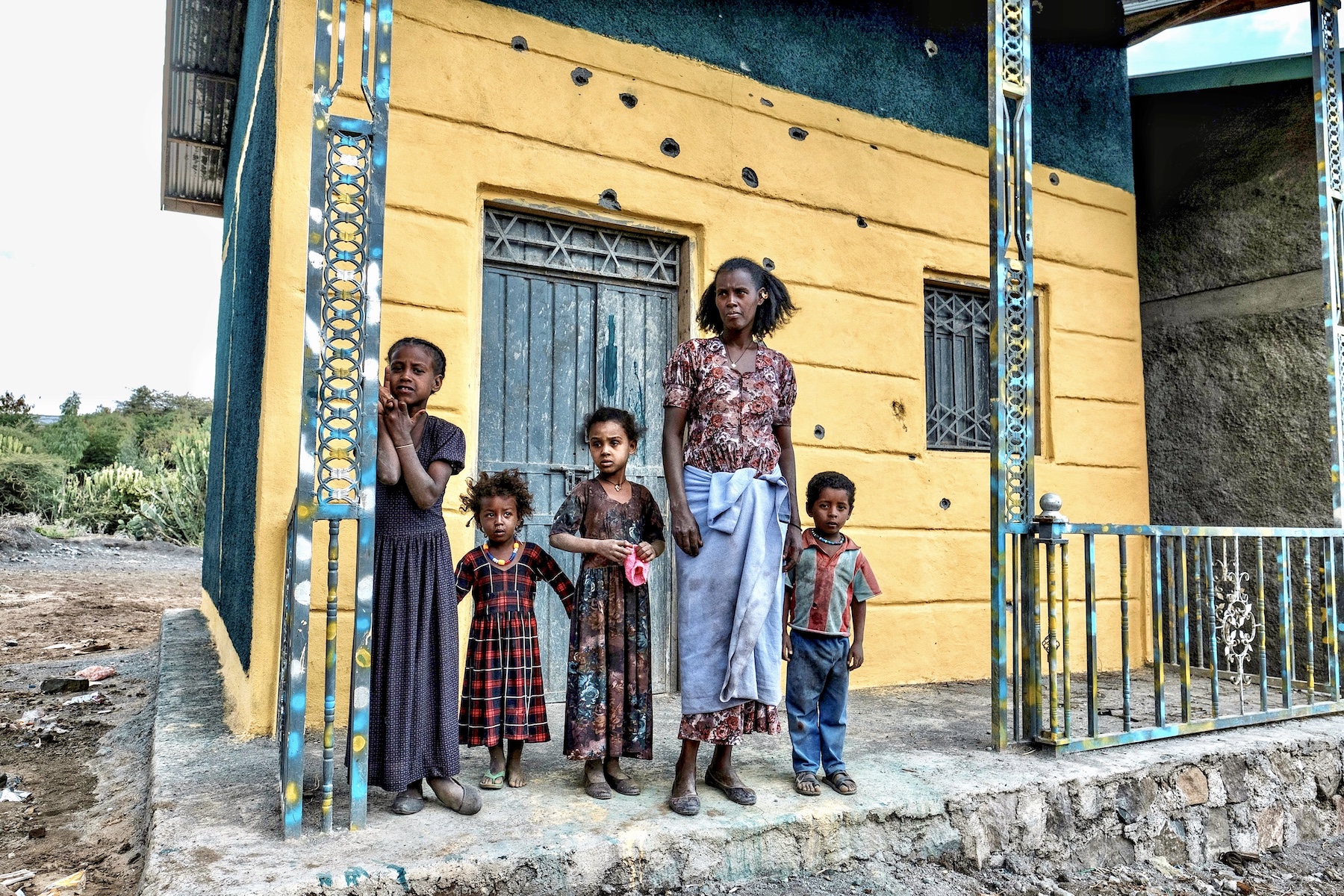
The conflict has led to one of the world’s worst humanitarian crises and is “one of the world’s bloodiest contemporary conflicts“, according to the New York Times.
The war forced at least 2.4 million people from their homes and left an estimated 13 million people requiring humanitarian assistance as of June 2022, according to the United Nations.
War Crimes Committed By Both Sides
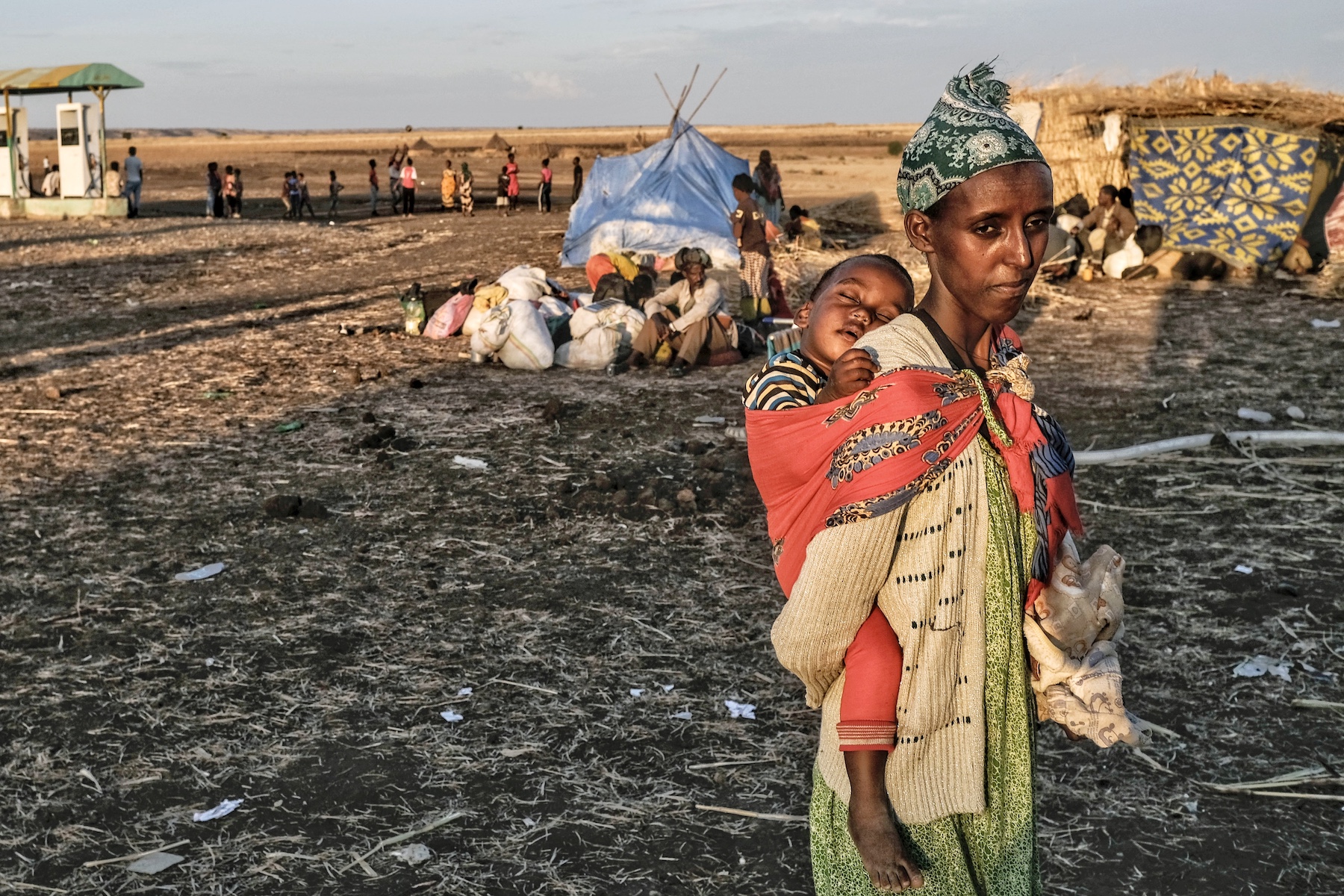
Both sides have been accused of committing war crimes, including extrajudicial killings, ethnic cleansing and sexual violence.
In September, UN investigators said that Ethiopian forces had been “intentionally using starvation of civilians as a method of warfare.”
“Not The End Of The Peace Process But The Beginning Of It”
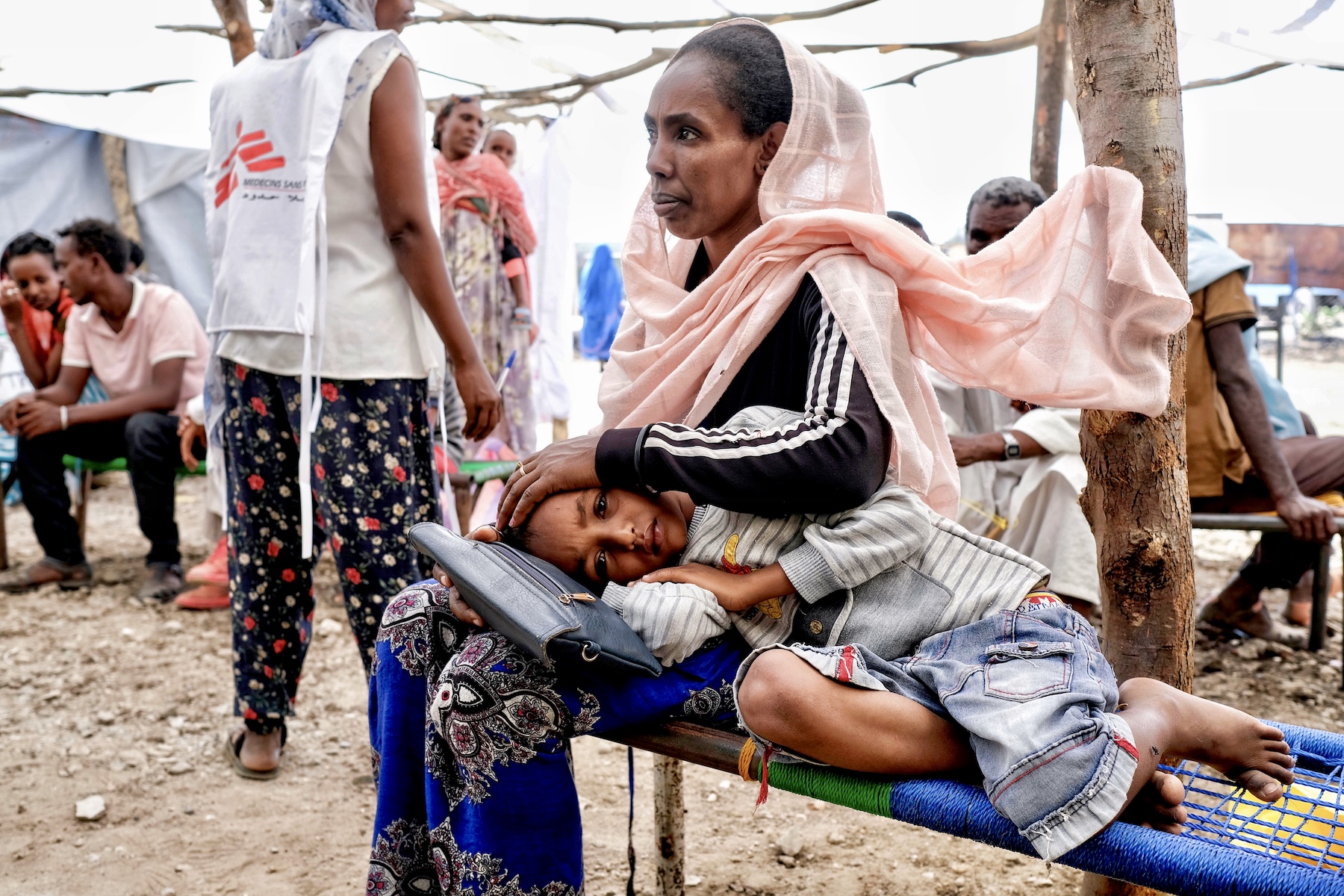
The latest agreement does not address the deeper political tensions that contributed to the conflict, according to Reuters.
“This moment is not the end of the peace process,” Obasanjo said “but the beginning of it.”
UN Secretary General Antonio Guterres called the truce “a welcome first step” that would bring solace to the millions of civilians who have suffered.
In a statement, Abiy said the agreement was “monumental” and pledged to implementing it.





